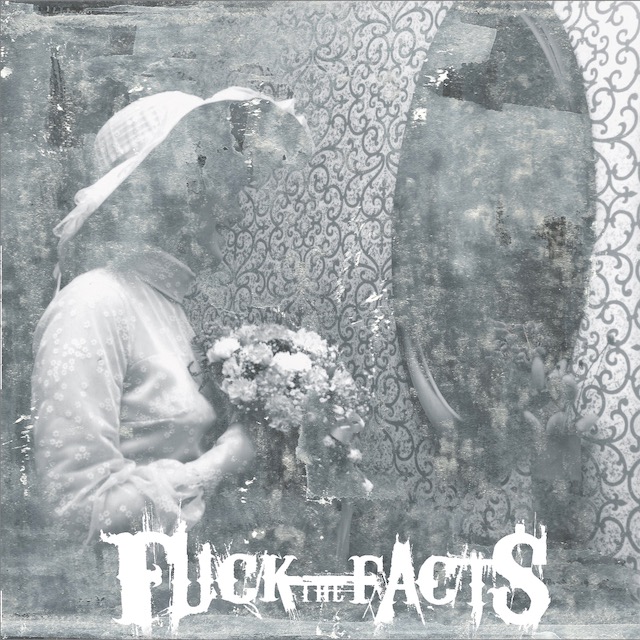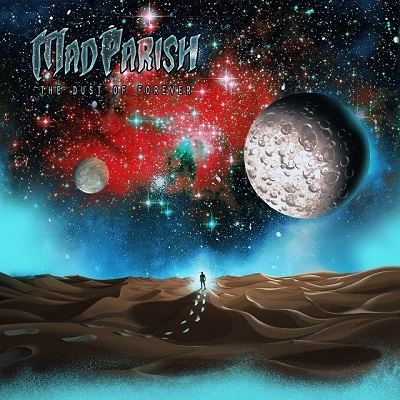FUCK THE FACTS – Quebec Grindcore Experimentalists Break Half-Decade Silence
November 17, 2020, 4 years ago

Quebec experimental grindcore band Fuck The Facts have been oddly quiet as of late, considering they have a history of cranking out an almost unmanageable amount of releases per year. But that’s slowed down and now the band is releasing Pleine Noirceur, their first full-length—and first release—in five years, being released on their own Noise Salvation label. The album shows all sides of the band—freakout grind, melodic death metal, experimental noise—but manages to do it in a cohesive fashion, even while pulling in new post-punk and noise rock hues. I’d argue it’s actually the band’s most cohesive record yet.
“Yeah, it’s really meant to be listened to from start to finish,” says guitarist Topon Das, who started Fuck The Facts as a solo project in 1999. “Whenever we’re putting together a record it’s really important that it flows well as an album. I would go even as far as to say that the album as a whole is more important than the songs individually, and I think that might be the truest when it comes to this record. I do feel like we branched out more than usual on this record and that’s exciting for me. [2015’s] Desire Will Rot was starting to get us back on track with more experimenting, and Pleine Noirceur continues with that but a couple of notches more.”
By the time the listener gets their bruised and battered ears to the album’s mid-point, with “Everything I Love Is Ending” and “A Dying Light,” things get a lot slower and while no one could really call these songs post-punk, they have a post-punk vibe.
“‘Everything I Love…’ is the second song we started writing after our break—‘Pleine Noirceur’ was the first—and ‘A Dying Light’ started with the guitar intro, that I had written years ago, and we built off that,” says Das. “One thing that’s neat about that song is that we had originally recorded a totally different drum part for the end and much later realized that it didn’t really work. The drums in that section sound completely different because we went back and re-recorded them with a very simple set-up, but it totally works and I think it actually makes the part. Basically, our aesthetic is whatever we feel like doing. We just go with what feels right and don’t worry about much when we’re creating, and it always works out in the end.”

“It’s funny, though,” he continues, “because I’ve had a few people write to me mentioning things like ‘screamo’ and ‘post-punk’ when they heard the first single, and I don’t feel like I even know much about those genres, but I guess I do? I think a lot of it has to do with the background of the band and when we were coming up. The late ’90s/early ’00s was when we were at our busiest and I guess a lot of what was happening around that time rubbed off on us, whether we knew it or not.”
As for the new album, by the time it’s over, questions remain: why does a band choose to bring all these different sounds into the picture? How do they do it and, really, why do they do it?
“We don’t overthink it and just go with what we feel like doing, and that’s basically been the philosophy of the band since day one,” says Das. “There’s no way I would have kept going with this band if I felt like we couldn’t be honest about the music we make. The main reason I started Fuck The Facts all those years ago as a solo project was that I wanted a limitless musical outlet. I didn’t want to start a different band for all the different styles of music that I enjoyed. As FTF turned into a full band and we started to bring in other people I also made sure that everyone’s creativity was acknowledged. If you go back to 2001 when we released Mullet Fever there’s a couple of rap songs on there, and it’s not because I was particularly into rap. Our vocalist at the time was really into rap, and I was basically, ‘If you want to do it, let’s do it!’ and so we did. I’m sure it left a few people shaking their heads but it was true to what the band was at that time and I definitely don’t regret it. That might be an extreme case compared to what we do now, but [our] philosophy and approach to making a record remain the same.”











